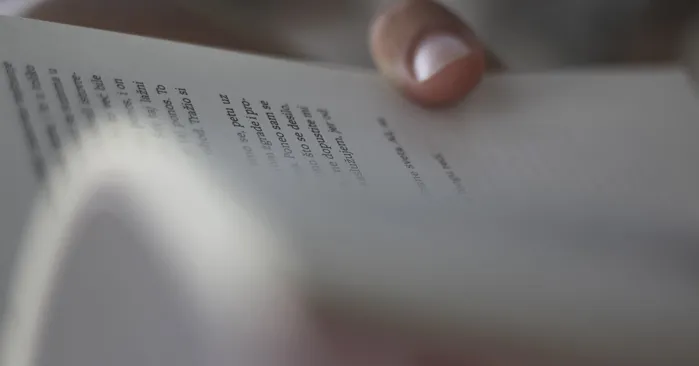
15 Poetry Books for the Upcoming Sealey Challenge
August is just around the corner. How do we power through the last and hottest month of summer? More poetry, of course! Every year, The Sealey Challenge comes along to make sure we don’t lose sight of the value of verse, the importance of poetics. Here are 15 poetry books for the upcoming Sealey Challenge.
The Sealey Challenge began in 2017 with a simple hashtag: #TheSealeyChallenge. Inundated with life, poet Nicole Sealey was struggling to find time to read for pleasure. She committed to reading one book of poetry each day in the month of August. She used social media to share her personal challenge. Now in its sixth year, The Sealey Challenge has spread far beyond Sealey herself, taking the reading world by storm.
There’s a lot of great poetry out there, and I want to help you get a head start. All of these books are less than 150 pages. To get through 31 books in 31 days, you won’t do yourself any favors trying to read the collected poetry of Emily Dickinson or a book-length prose poem. Gotta keep them short. While there aren’t 31 books on this list, there are enough to get you through the first two weeks of the challenge.
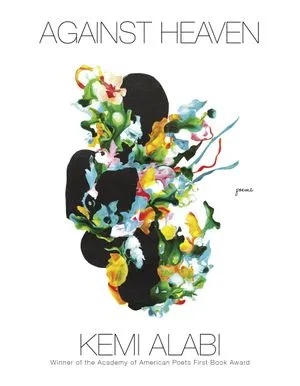
Against Heaven by Kemi Alabi
Kemi Alabi uses their poetry in this debut collection to reframe American poetic and cultural traditions. As a Black, queer poet, Alabi sees salvation not in external forces, but in the body and the Earth. These poems span a variety of forms and approaches to this subject, from tender love poems to provocations against colonizers.
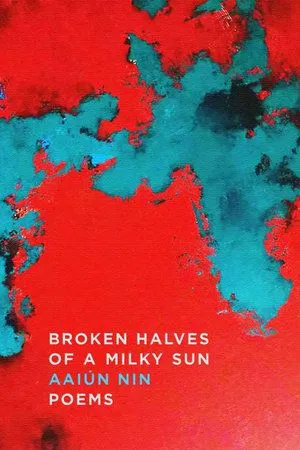
Broken Halves of a Milky Sun by Aaiún Nin
This is another debut collection, this one focused on the horrors of lived and lasting effects of colonialism in Nin’s native Angola. Seamlessly blending prose and poetry, Nin explores queer and familial love as well as how faith collides with oppression. Personal and generational trauma echo throughout the pages here.

Burying the Mountain by Shangyang Fang
Another debut? Why not? This collection is all about transformation, almost anthropomorphism. Loneliness becomes the vulnerable openness of language. Absence turns into fire and snow. Eros, grief, and intimacy are the connecting threads between these poems, written in English while always keeping lyricism and musicality of Chinese poetry.
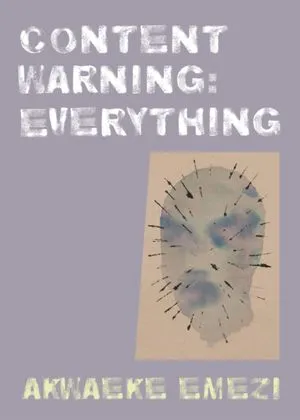
Content Warning: Everything by Akwaeke Emezi
Akwaeke Emezi is an award-winning author making a big splash in poetry with this collection. Leading with the spirit, these poems celebrate the parts of ourselves that we cannot kill or reduce. Surrender, abuse, survival, and homesickness are all themes in play in these poems that really do need every content warning imaginable.
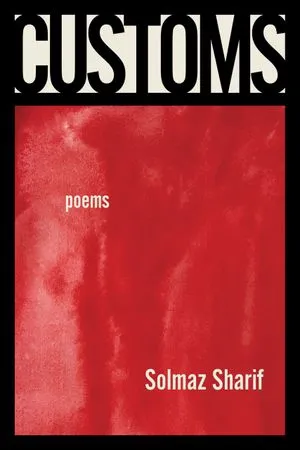
Customs by Solmaz Sharif
I do love it when a poetry collection has a focused theme or narrative like this one. Here, Sharif focuses on the liminal space of an arrivals terminal in America. The checkpoints, pat-downs, questions, and officers seem endless and identical. This isolated little world is a touchstone for Sharif to examine American culture, the English language, and the customs of our society. You definitely need this on your list of poetry books for the upcoming Sealey Challenge.
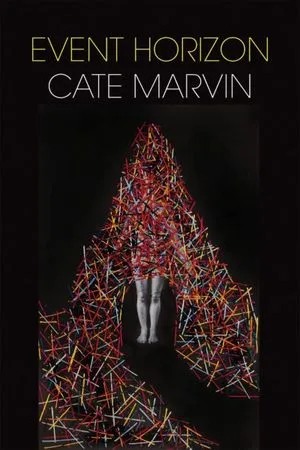
Event Horizon by Cate Marvin
In astrophysics, the event horizon is the point at which light cannot escape the gravity of a black hole. Light and everything else appear to vanish. Cate Marvin takes the patriarchy in one hand, feminism in the other, and examines when we disappear into our own experiences. These poems blend razor wit and pointed humor into a delectable new collection.
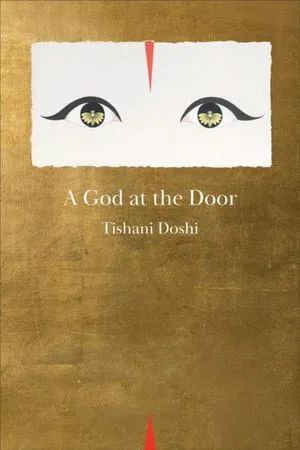
God at the Door by Tishani Doshi
This poetry book, written during the height of pandemic lockdowns, looks ahead at what comes next. What must come next. These poems take in the wonders of life and translate them into stories of wonder and free movement, poems focusing on connecting to what is most important in our lives. Politics and the news cycle are oppressive, and this collection offers a reprieve without mere escape.
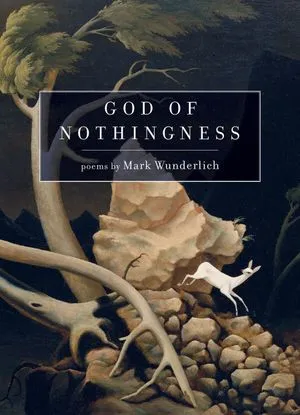
God of Nothingness by Mark Wunderlich
Poetry is rarely light and fluffy, but it takes a deft hand to focus on the darkest of subjects like in this collection. If you have witnessed death up close or silently longed for it, this collection will speak most to you. Wunderlich doesn’t dwell in this nothingness, though, but finds paths to human resiliency and hope here. Solitude and survival walk hand-in-hand through these verses.
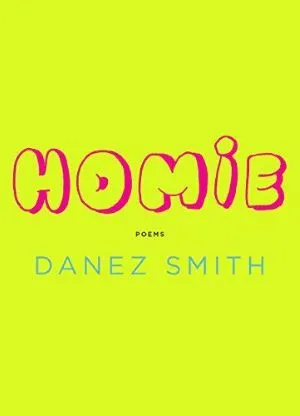
Homie by Danez Smith
Homie isn’t even the actual name of this collection, but it’s the name Smith allows white people to say and write. Living at the intersection of Black and queer, just like Danez themself, this collection looks unflinchingly at America and how it treats people. Deeply personal in nature, these poems speak to larger injustices in our world with laser focus.
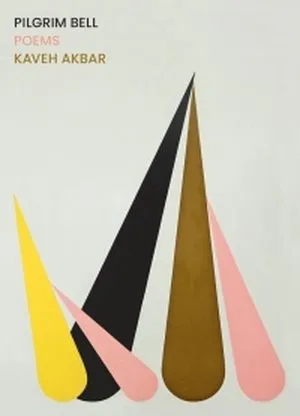
Pilgrim Bell by Kaveh Akbar
The central theme of Kaveh Akbar’s second collection is elusive, looking at people trying to live peacefully within systems that are trying to destroy them. Akbar is a Muslim living in a country beset by Islamophobia, but this theme is not limited to religion. Race, gender, and afflictions like addiction all create these juxtapositions, and Pilgrim Bell explores them with aplomb.
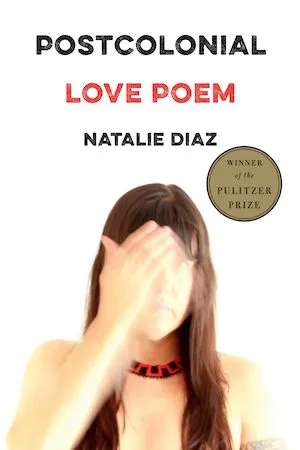
Postcolonial Love Poem by Natalie Diaz
This book won the Pulitzer Prize for Poetry in 2021. That should tell you to read it right there. Need more? Natalie Diaz is an Indigenous and Latine poet writing against the erasure of all of her identities. Not since Alan Ginsberg’s Howl have I read a poem (or poems) with so much force blended with so much beauty.
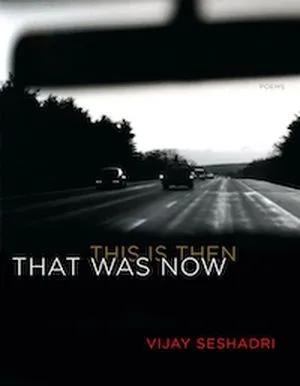
That Was Now, This Is Then by Vijay Seshadri
With his fourth collection, Seshadri has decided to take poetry and use it to turn the universe on its head. Or tail. The title alone should tell you that there’s something wibbly-wobbly about this collection. Time and space, paradoxes, and purposefully destabilized poetic forms really make this a poet’s collection of poetry, and that’s not a bad thing.
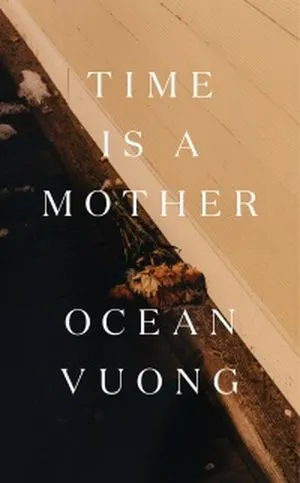
Time is a Mother by Ocean Vuong
This second collection from Ocean Vuong is deeply personal, meditating on the recent death of his mother. How do we sit with the grief, let it fill us appropriately, and yet find the will to move on and live? It’s a paradox at the core of Time is a Mother. This book of poems also plays with the themes found in his novel On Earth We’re Briefly Gorgeous, in case you want to break up the poetry with a little prose.
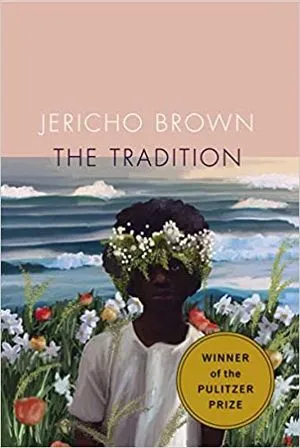
The Tradition by Jericho Brown
So much of what is both right and wrong in America is often chalked up to tradition, as this collection from Jericho Brown so astutely observes. Brown blends pastorals with the history of slavery that created those scenes. He questions freedom and safety in a nation that didn’t really mean “all” men when it said, “…all men are created equal.” Brown even invents a new form, the duplex, in this incredible collection.
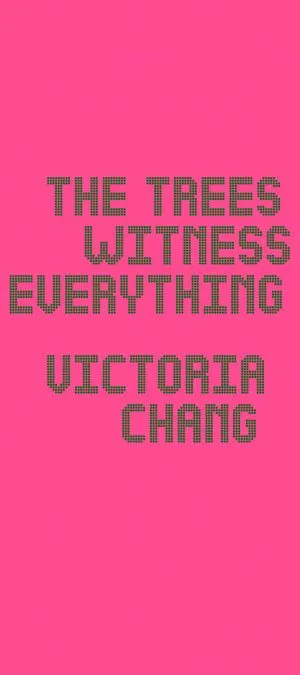
The Trees Witness Everything by Victoria Chang
Some poets believe that strict forms take all of the creative energy out of poetry. Others, like Victoria Chang, seem to revel in these constraints. Her newest collection is composed mostly of the Japanese form called wakas. Still reeling from the deaths of her parents while reveling in the lives of her children, this new collection is a celebration of language and the versatility of ancient poetic forms.
That’s 15 books of poetry, but I still need 16 more poetry books for the upcoming Sealey Challenge. What’s on your list? Who are you aching to read?
For even more recommendations, check out our previous poetry posts.
















